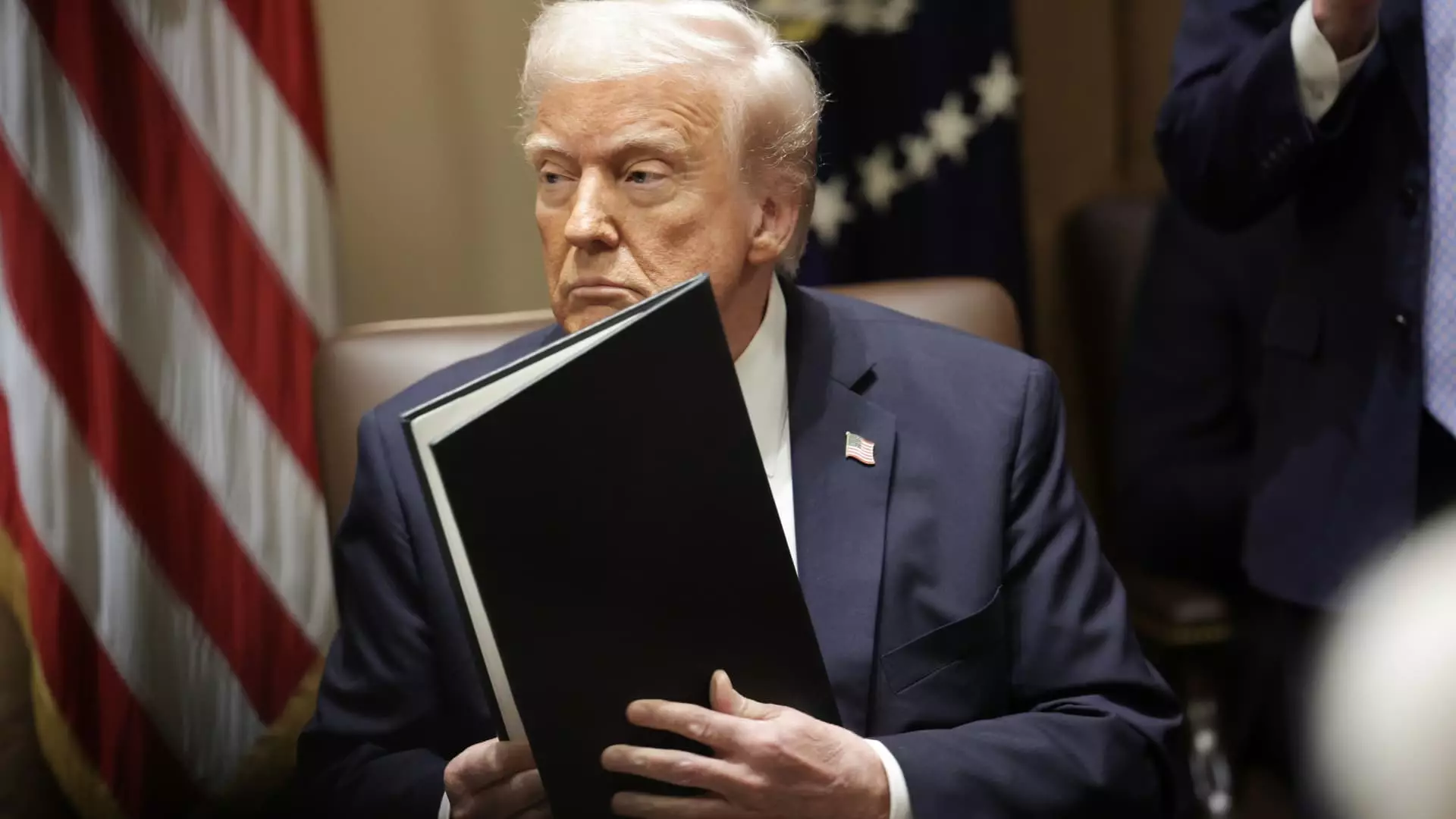In a move that has both shocked and dismayed economists, President Donald Trump is set to reveal a new array of tariffs on auto imports, a decision that promises to impact multiple sectors of the economy. Scheduled for a press conference at 4 p.m. ET, these tariffs have brewed uncertainty among financial circles, with stocks already dipping to session lows at the mere hint of the announcement. Trump’s rhetoric surrounding trade has been aggressive and erratic, often leaving businesses scrambling to understand how these impending tariffs will affect their operations. The anticipation swirling around the upcoming “reciprocal tariffs” on April 2 has many already on edge.
A Forgettable Strategy
Trade wars may have become Trump’s signature approach, but the underlying philosophy is muddled by inconsistency. While he envisions April 2 as “liberation day,” the reality is that his unpredictable policy changes do more harm than good. This lack of clarity not only spurs volatility in the stock market but also generates unease among business leaders, who may now find it increasingly challenging to make long-term strategic decisions. Rather than a well-structured strategy that promotes economic growth, we see a chaotic scramble for survival. Economic liberalism advocates for open markets, robust competition, and the strategic redress of imbalances—none of which are served by the current tariff approach.
The Ripple Effects
The consequences of such aggressive tariff policies can be disastrous not only for auto manufacturers but also for consumers. For every vehicle that faces new tariffs, the burden will inevitably fall on the consumer through higher prices. A shift in the auto industry will cause a ripple effect that extends beyond just cars; it will affect industries related to manufacturing, logistics, and trade. Labor costs may fluctuate, production timelines could extend, and the essence of a free market stands to suffer. Center-left perspectives encourage collaborative trade relationships, arguing that adversarial posturing yields more detriments than advantages in today’s interconnected world.
The Uncertain Future
While Trump hints at leniency, claiming there’ll be “flexibility” on the tariffs, the vagueness of these comments only adds to the confusion. Will pre-negotiation be a viable escape route for nations looking to avoid U.S. tariffs? This uncertainty leaves room for speculation and concerns. What should be straightforward trade discussions are now mired in a web of miscommunication and volatility. The economic landscape should be characterized by strategic partnerships and mutual benefit—fostering competition instead of using policy as a blunt force tool.
A Call for Thoughtful Leadership
As the deadline for implementation looms closer, one can only hope that cooler heads prevail. The insistence on tariffs raises questions about leadership and foresight. Policymakers are urged to remember that our economic fabric is intricately woven. Supportive trade policies require cooperation rather than conflict. Grounded decision-making focusing on humane economic principles could foster a more enriched society, where free markets do not overshadow the common good. Centered in liberal values, the discussion must elevate beyond mere retaliation in trade, aiming instead for constructive dialogues that benefit all.


Leave a Reply